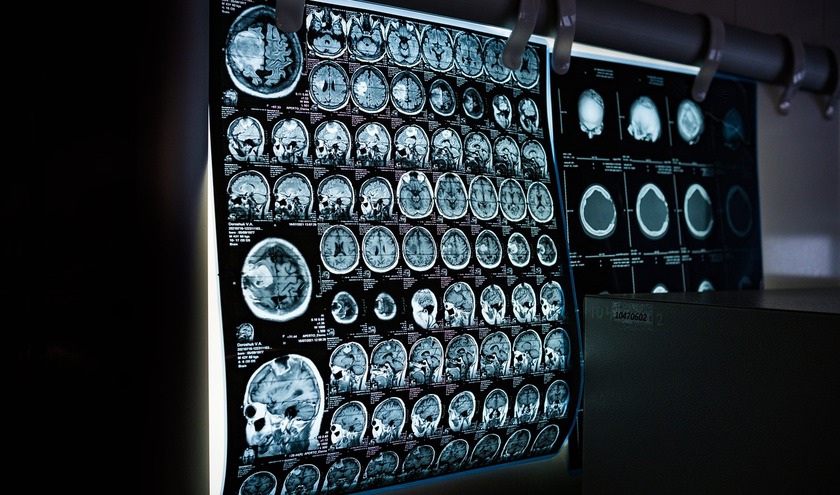Professor Matt Loose, a biologist from the School of Life Sciences at the University of Nottingham developed a method to sequence specific parts of human DNA at higher depth using portable sequencing devices. This method allows relevant parts of the human genome to be examined much more quickly and multiple regions of DNA sequenced at the same time – speeding up the whole process.
The team have now used this method to genetically test brain tumour samples.
Prof Loose said: ‘This new method now allows us to choose the bits of DNA that we need to look at in order to answer specific questions, such as what type of tumour and how can it be treated. Combined with our later research where we were able to look at relevant parts of the human genome more quickly.'
Once a sample has been removed during surgery, it is sent to the pathology lab, where they would extract DNA before it being sent to the team to sequence.
The team at NUH has used the new approach during 50 brain tumour surgeries to deliver rapid, intraoperative diagnoses. This approach has achieved a 100% success rate, providing diagnostic results in under two hours from surgery and detailed tumour classifications within minutes of sequencing. Moreover, the platform's ability to continue sequencing enables a fully integrated diagnosis within 24 hours.
Dr Simon Paine, a consultant neuropathologist at NUH, said: ‘This new method of diagnosing brain tumours is going to be a game changer, it really is revolutionary. It not only increases the speed at which the results will be available, but the degree of accuracy of the diagnosis as well is incredible.'
Prof Loose added: ‘Not only is the test more accurate and quicker, but it is also cheaper than current methods. Our calculations stand at around £450 per person, potentially less when scaled up. There are a few reasons for this. Our method can eliminate the need for four to five separate tests, reducing costs as a consequence as we are getting more information from the single test we do. Most importantly, it delivers results to the patients when they need them.'
The team are now looking to get the new testing rolled out at NHS Trusts across the UK.



